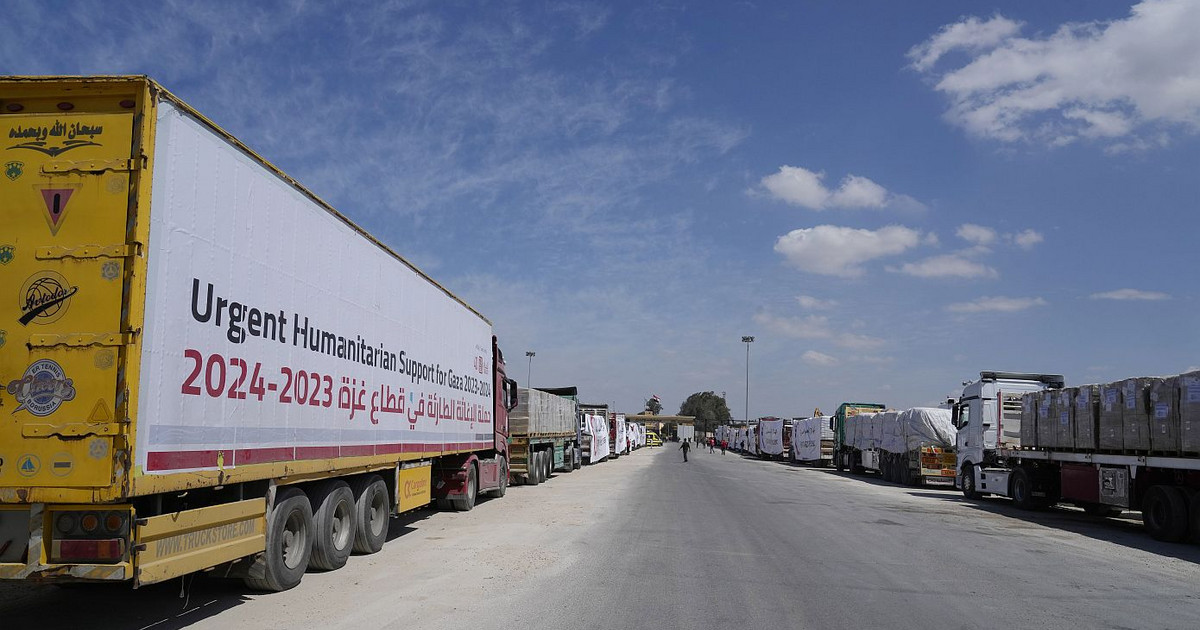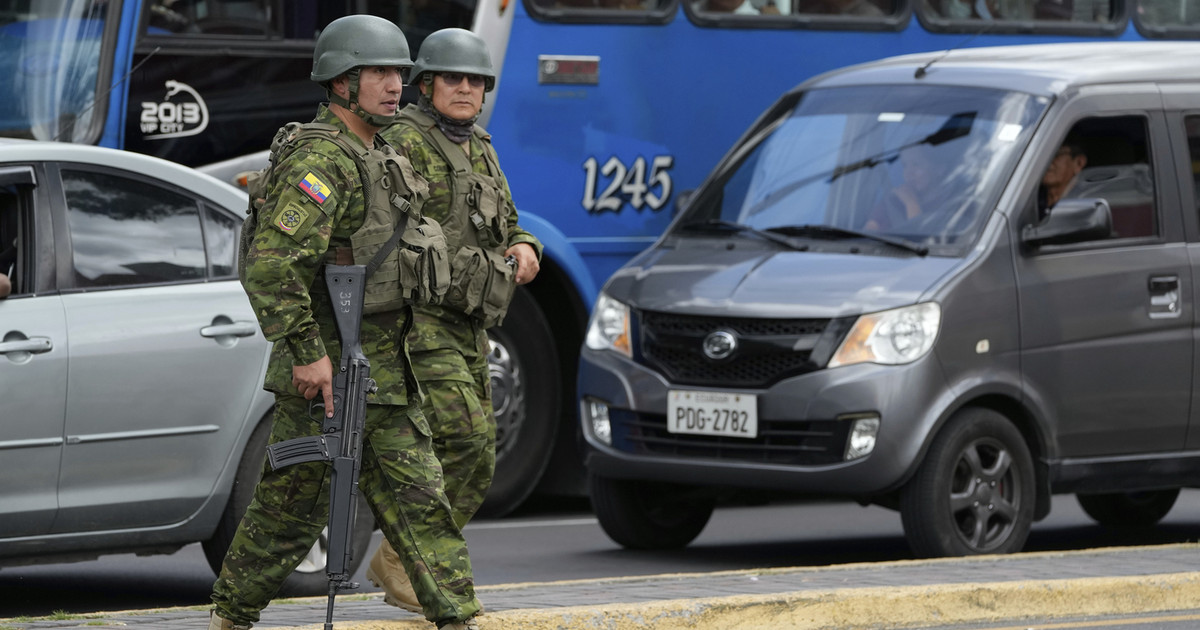Researchers from Fundação Oswaldo Cruz (Fiocruz) and Lacen-GO (Central Public Health Laboratory of Goiás) sequenced, for the first time, a cosmopolitan genotype (strain) of dengue virus serotype 2 in Brazil.
The finding was carried out in February, in a sample from Aparecida de Goiânia (GO) and the findings were published on the preprint medRxivwhich allows for rapid dissemination of results, prior to the peer review process.
According to Fiocruz, this is the second record made in the Americas after an outbreak in Peru, in 2019. The strain is present in Asia, the Pacific, the Middle East and Africa.
The identification was communicated to the state and municipal health departments and the Ministry of Health.
dengue virus
The virus that causes dengue belongs to the flavivirus family and is classified in the scientific community as an arbovirus.
It has four serotypes, named 1, 2, 3 and 4, and each serotype can be subdivided into different genotypes or lineages — classified by genetic variations. The cosmopolitan lineage is one of six serotype 2 of the causative agent.
For the virus to infect humans, the female Aedes aegypti, the mosquito that carries dengue and is widely distributed throughout the American territory, needs to bite people.
In the Americas, only Canada and mainland Chile are free of dengue and the vector. Uruguay does not have dengue cases, but it does have Ae. aegypti, according to the Pan American Health Organization.
Arrival of the genotype in Brazil
Researchers still do not know how the cosmopolitan genotype will proliferate in Brazil. There is a possibility that the strain will spread more efficiently than the Asian-American strain, also known as genotype 3 serotype 2, which currently circulates in the country.
According to Fiocruz, initial analyzes carried out by scientists show that the pathogen detected in Brazil is similar to two microorganisms isolated during the outbreak recorded in the province of Madre de Dios, Peru, in 2019.
The origin of the virus in the country is still unknown. The research coordinator, Luiz Carlos Júnior Alcantara, a researcher at the Flavivirus Laboratory of the IOC/Fiocruz, said in a statement that to understand the dynamics of dispersion in the American continent it is necessary to have more samples sequenced.
The researchers also do not know how the cosmolite 2 genotype will behave in Brazil.
“Worldwide, it is much more distributed and causes more cases than the Asian-American genotype, which has been circulating in Brazil for years. The global picture indicates that the cosmopolitan lineage has the capacity to spread easily”, said Júnior Alcantara.
The researcher emphasizes the importance of genomic surveillance of the virus and highlights that the objective is that these data [coletados] can serve as support for public health policies in the fight against dengue.
Source: CNN Brasil






